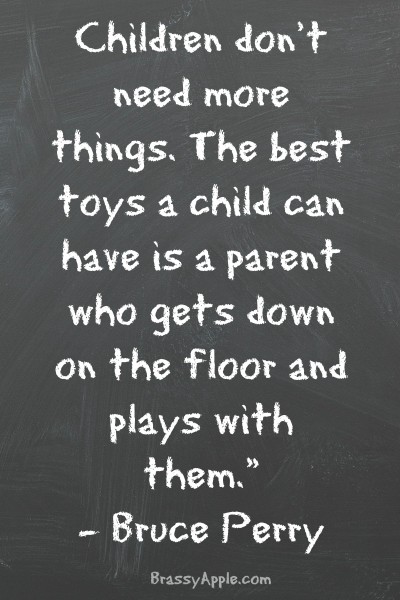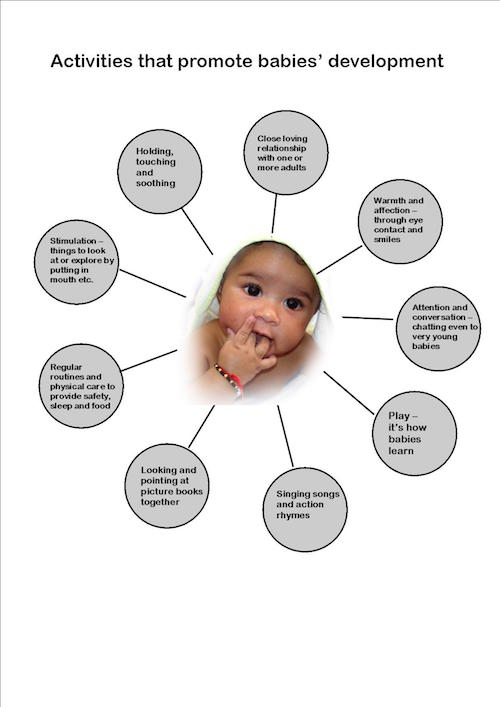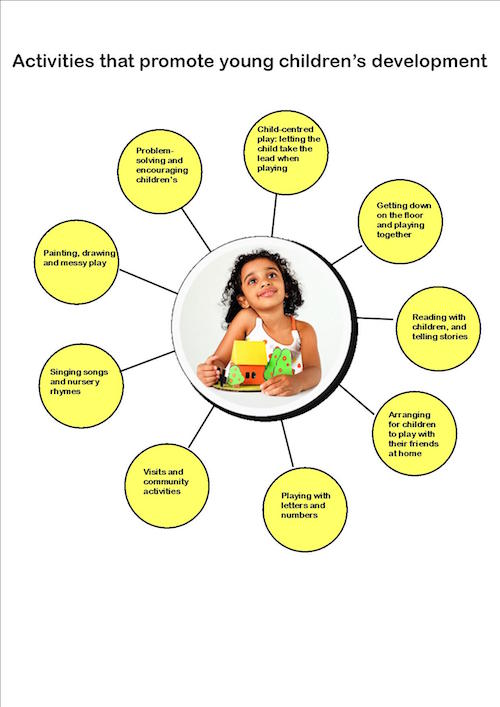.jpg)

“How parents relate to their children from the moment of birth and the activities they do with them inside and outside the home during their early years has a major impact on children’s later social, emotional and intellectual development.”
“In recent years, technological advances have enabled important new discoveries to be made about the growth of the human brain, demonstrating that a young child’s experiences have a neurological, as well as a psychological, impact on their long-term development. The human brain is unfinished at birth. A baby’s brain develops at an astonishing pace; it develops from 25 per cent at birth to 80 per cent of the fully formed brain by the age of three.” - Early Home Learning, A Brief Guide for Practitioners
At Lilycroft Nursery School for children from two to five we will support you as parents to provide a wide range of experiences that build the foundations from which your babies and young children can grow to achieve their full potential.
Play is children’s work. Play is the way children learn new skills and make sense of their world. The activities in the diagrams below, have been identified in research * as having a marked impact on children’s learning. *Derived from research including the EPPE study (Sylva et al., 2004)


Through involving you from the start and throughout your child’s time with us, asking you questions about your child, talking to you about the ways in which you child learns and what they are interested in, we aim to work with you so that you can support your child’s learning in the best ways possible, both at home and at nursery.
We will invite you to attend ‘Learning Together Workshops’ where we will model how we support children’s learning through play, early language acquisition, creativity, practical maths and much much more. We aim to show you how much fun learning with your child can be and give you lots of practical tips and ideas.
Evidence suggests that parental involvement in early learning has a greater impact on children’s wellbeing and achievement than any other factor, such as family income, parental education or school environment* You are the most important influencing factor in your child’s future and learning together in these earliest years really does count! *(Gutman and Feinstein, 2007; Sylva et al., 2004; Desforges and Abouchaar, 2003)